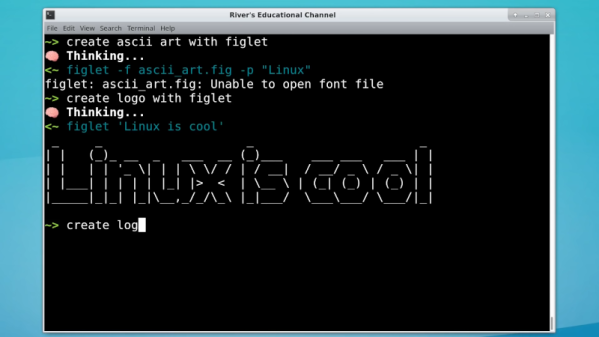Regular expressions — the things you feed to programs like grep — are a bit like riding a bike. It seems impossible until you learn to do it, and then it’s easy. Part of their bad reputation is because they use a very concise and abbreviated syntax that alarms people. To help people who don’t use regular expressions every day, I created a tool that lets you write them in something a little closer to plain English. Actually, I’ve written several versions of this over the years, but this incarnation that targets grep is the latest. Unlike some previous versions, this time I did it all using Bash.
Those who don’t know regular expressions might freak out when they see something like:
[0-9]{5}(-[0-9]{4})?
How long does it take to figure out what that does? What if you could write that in a more literate way? For example:
digit repeat 5 \
start_group \
- digit repeat 4 \
end_group optional
Not as fast to type, sure. But you can probably deduce what it does: it reads US Zipcodes.
I’ve found that some of the most popular tools I’ve created over the years are ones that I don’t need myself. I’m sure you’ve had that experience, too. You know how to operate a computer, but you create a menu system for people who don’t and they love it. That’s how it is with this tool. You might not need it, but there’s a good chance you know someone who does. Along the way, the code uses some interesting features of Bash, so even if you don’t want to be verbose with your regular expressions, you might pick up a trick or two.
Continue reading “Linux Fu: Literate Regular Expressions” →













